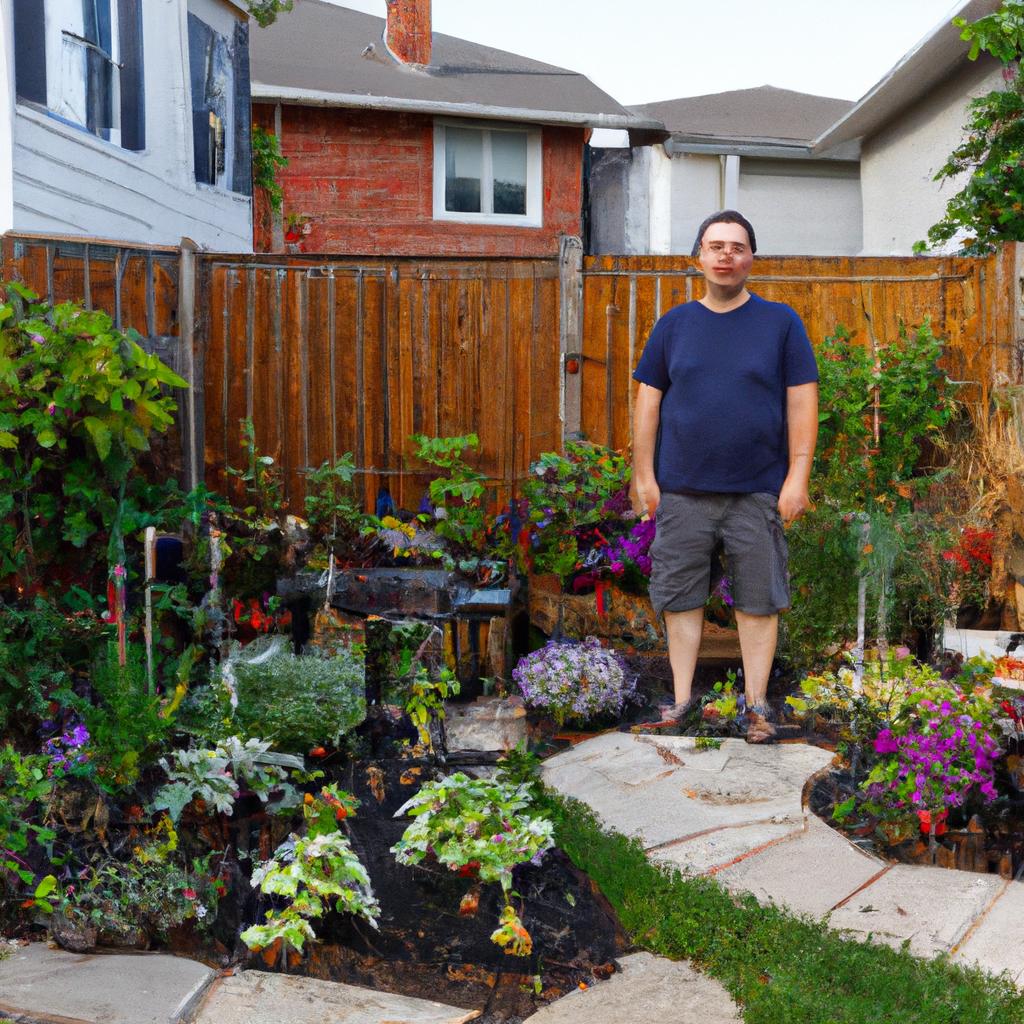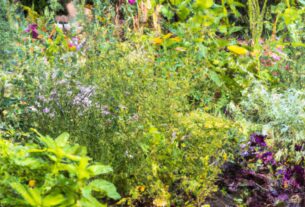Are you searching for a way to enhance both your physical and mental health? Look no further than your own backyard. Gardening offers a multitude of health benefits, such as boosting your immune system and reducing stress and anxiety. In this article, we will explore the various ways in which gardening can improve your overall well-being.
Physical Health Benefits
Gardening presents an excellent opportunity to incorporate physical activity into your daily routine. Activities such as digging, planting, weeding, and watering can help you burn calories and increase your heart rate. In fact, just 30 minutes of gardening can burn up to 150 calories.
But gardening is not merely about burning calories. It also exposes you to beneficial bacteria commonly found in the soil, which can enhance your gut health and overall immune function. Moreover, gardening allows you to enjoy fresh produce, enabling you to incorporate more fruits and vegetables into your diet.
According to a study conducted by the American Society for Horticultural Science, individuals who engage in gardening for at least 30 minutes each week tend to have lower body mass indexes (BMIs) than those who do not garden. Additionally, another study found that gardening can lower blood pressure and cholesterol levels, subsequently reducing the risk of heart disease.
By incorporating gardening into your daily routine, you can significantly impact your physical health. From burning calories to improving your immune system and having access to fresh produce, gardening offers numerous benefits that will make you eager to get your hands dirty in the garden.
Mental Health Benefits
In addition to its physical health benefits, gardening also has a profound impact on mental well-being. Research has shown that spending time in nature can effectively reduce stress and anxiety, and gardening is no exception.
Engaging in gardening activities provides a sense of accomplishment and purpose, which can improve your mood and self-esteem. It also helps you feel more connected to the natural world, fostering mindfulness and helping you live in the present moment, thereby reducing negative thoughts.
A study published in the Journal of Health Psychology even found that gardening can be as effective as cognitive behavioral therapy (CBT) in alleviating symptoms of depression. Additionally, another study noted that gardening can enhance cognitive function in older adults.
By incorporating gardening into your daily routine, you not only gain the mental health benefits of spending time in nature but also improve your overall well-being.
Gardening as a Therapeutic Activity
Gardening has therapeutic effects that help reduce stress and anxiety levels. Being in contact with nature and focusing on the present moment can induce a state of relaxation and calmness. Moreover, gardening instills a sense of control and mastery, which empowers individuals and enhances self-esteem.
Furthermore, gardening stimulates cognitive function and memory, particularly in older adults. A study conducted by the University of Exeter revealed that gardening can reduce the risk of dementia by 36%. Researchers suggest that gardening promotes the growth of new brain cells and neural pathways, resulting in improved brain function and memory.
In addition, gardening offers a creative outlet. Planting and nurturing flowers, trees, and vegetables provide a sense of purpose and satisfaction, making it especially beneficial for individuals dealing with depression or anxiety.
Social Health Benefits
Gardening is not only an individual activity but also an opportunity for connection and community involvement. Many gardening projects revolve around teamwork and collaboration, fostering a sense of belonging and social connection.
Participating in a community garden or joining a gardening club allows for socialization and interaction with like-minded individuals. This aspect of gardening proves particularly beneficial for those experiencing isolation or loneliness.
Moreover, gardening promotes environmental awareness and conservation efforts, contributing to a sense of community and social responsibility. By collectively creating and maintaining green spaces, individuals develop pride and a sense of ownership in their community.
Overall, gardening brings numerous social health benefits, from promoting teamwork and collaboration to fostering a sense of community and responsibility. By engaging in gardening activities, you not only improve your overall well-being but also positively impact your community and the environment.
Environmental Health Benefits
In addition to the physical and mental health benefits, gardening plays a vital role in environmental preservation. By reducing your carbon footprint, improving air and soil quality, and supporting biodiversity and conservation efforts, gardening helps create a more sustainable future.
Gardening aids in reducing your carbon footprint by providing locally grown produce, which diminishes the need for extensive transportation and packaging. Additionally, gardening improves air and soil quality by absorbing carbon dioxide and filtering out other pollutants from the atmosphere.
Furthermore, gardening supports biodiversity and conservation initiatives by providing habitats for pollinators and various wildlife. By choosing native plants and avoiding the use of harmful chemicals, you actively contribute to creating a healthier ecosystem for all living creatures.
Conclusion
To summarize, gardening offers numerous health benefits for both the body and mind. From boosting your immune system to reducing stress and anxiety, gardening significantly improves your overall well-being. Additionally, gardening positively impacts the environment by reducing your carbon footprint, improving air and soil quality, and supporting biodiversity and conservation efforts.
So, whether you have a vast backyard or a small balcony, there are countless ways to incorporate gardening into your daily routine. From creating a vegetable garden to cultivating a flower bed, gardening proves to be a delightful and rewarding activity that benefits your health and the planet. So why wait? Start your garden today and reap the benefits for years to come.



